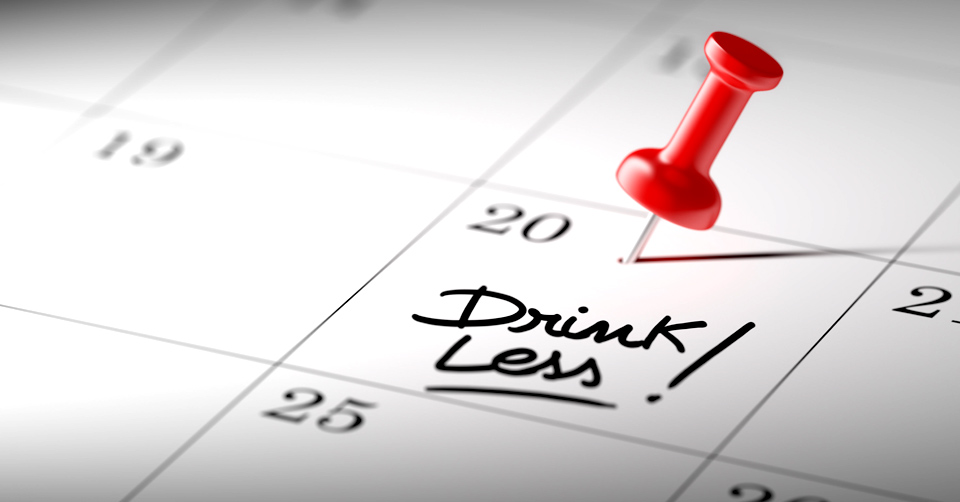January is often a month littered with failed good intentions. How many times have we made a New Year resolution only to have given it up before we even reach Burns Night (25th January, in case you weren’t sure!)? However, as Mental Health First Aid Instructor, Andy Elwood says, it doesn’t have to be that way.
After the excesses of Christmas, a lot of people resolve to eat and drink less, and one way to do that is to take part in Dry January. Here Andy explains the benefits of Dry January and reminds people that adopting healthy habits and behaviours need not be confined to January but is something that can be started at any time during the year.
In case you haven’t heard of it, ‘Dry January is about going alcohol-free for the month of January. In part, it’s to show that we don’t need to have booze to have fun, relax or to feel good and socialise.
There are also other benefits to doing Dry January. Of people who have taken part, 86% of them say that they save money. With the current cost of living, that’s a really great thing to be able to do. As well, 70% say they sleep better, and 66% of people who took part felt they had more energy. So, there are at least three good reasons to give it a go.
Apart from those listed above, it’s good for our physical health too, to hit pause on alcohol. Alcohol is linked to more than 60 health conditions including liver disease, high blood pressure, depression and seven types of cancer. In fact, some reports show that alcohol is the biggest risk factor for death, ill health and disability for people aged 15 to 49 in the UK.
If you do try Dry January, according to alcoholchange.org.uk who run the campaign, you’ll notice a number of changes. Your skin will feel brighter. Your wallet’s going to be fuller. You may find you have more productive days because you have more energy, and you may have a bounce in your step as well. It’s proven reducing your alcohol intake can lower blood pressure and cholesterol, and it reduces your risk of diabetes and cancer related proteins in the blood, according to research in 2018 by the British Medical Journal.
And the third change you’ll notice is that, after you’ve done it, you reduce your alcohol intake long term. It’s not just for January, or whenever you choose to start your 31 days alcohol free. Research by University of Sussex has shown that 70% of people who take part in Dry January maintained healthier drinking habits six months later.
Going alcohol free for 31 days means you’re helping yourself in so many ways. It’s free to take part and there are various tools and resources available on the website, including coaching emails. It’s not even as difficult as it used to be as there are lots of alcohol-free alternatives to drinks such as gin, beer, sparkling wine as well as mocktails. So, you don’t just have to stick to the traditional soft drinks on offer to non-drinkers. There are ideas and discounts on the website too, so you can stock up on some great alternatives to alcohol.
Alcoholchange.org.uk also recommends downloading their app as it helps you to keep track of how you’re doing. It gives you some encouragement to actually go for 31 days without alcohol, as it’s not just for January, and carry it on into the next month and beyond.
Why not do yourself a favour and give it a try?’
About Andy
Andy Elwood is a Mental Health First Aid instructor and an ambassador for Movember. He creates safety and trust by sharing his own vulnerability and gives a unique ‘behind the scenes’ insight into life and death situations from his 20 years’ experience working in the emergency services as a paramedic on search and rescue helicopters.
